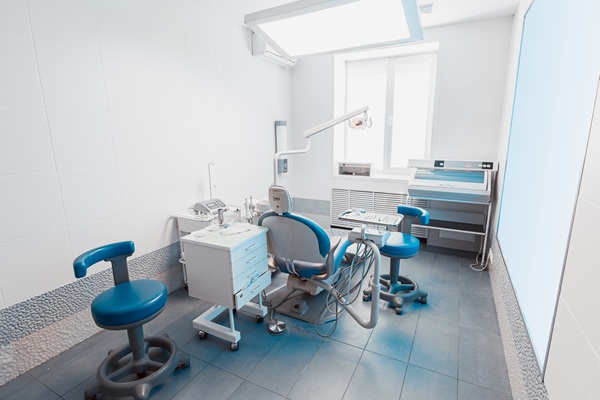Root Canal Therapy for a Tooth Infection

Wondering whether root canal therapy is in your near future? The only way to know is to make an appointment with a general dentist for a full oral evaluation. While most dental patients know they have a problem tooth, not all tooth infections cause pain.
About tooth infections
A tooth infection occurs when bacteria are able to get inside of a tooth. Some of the more common reasons why someone would experience a tooth infection is because they have been diagnosed with severe tooth decay, gum disease or have a chip or crack in a tooth, which allows the bacteria to enter. Once a dentist officially diagnoses a patient with a tooth infection, the next step is scheduling an appointment to undergo root canal therapy.
The root canal procedure
A root canal procedure is used to save a tooth that is severely decayed or has become infected. The information below allows those who are in need of root canal therapy to understand the procedure they will need to undergo in order to repair their infected tooth. Most root canal treatments require a patient to make two separate appointments.
Oral evaluation, X-rays
The first thing a dentist will do is perform a complete mouth evaluation on the patient and take necessary X-rays. X-rays allow a dentist to see the shape of the root canals, as well as understand whether the infection has already affected the surrounding bone. The importance of this first step should not be underrated, as this information tells a dentist exactly what is needed in order to address the patient's tooth infection. Once the dentist understands how to properly and efficiently treat the tooth, it is time to move on to the next step.
Local anesthesia to numb the area
Next, patients will be given local anesthesia so they will not feel any discomfort or pain while the root canal procedure is being performed. Since there are a few different options for numbing the area around the tooth, patients can discuss their options with their dentist in order to understand which option is ideal for them. Once the area is completely numbed, the actual root canal procedure can begin.
A small hole is drilled in the tooth
The last part of root canal therapy requires a dentist to make an access hole in the tooth, as this allows them to remove the infection. This means removing all of the pulp within the tooth as well as the tooth’s nerves to ensure that all of the infection is addressed. It is also necessary to treat all of the canals of each root of the tooth, which requires a dentist to clean, shape and disinfect all of the canals. Once the infection is removed from all of the root canals, a special dental material is used to seal the tooth.
Root canal therapy saves teeth
Once a tooth becomes infected, the infection will only continue to worsen until the infection is removed. Root canal procedures are typically both safe and painless, allowing those who are living with an infected tooth to keep the tooth in their mouth, which is always preferred.
Request an appointment here: https://www.sylvadentist.com or call Sylva Family Dental at (828) 398-1879 for an appointment in our Sylva office.
Check out what others are saying about our dental services on Yelp: Root Canal Treatment in Sylva, NC.
Recent Posts
A preventive dentist focuses on maintaining a patient’s oral health and preventing problems, such as sensitive teeth, from becoming more serious issues, like gum disease. This typically involves routine dental checkups, cleanings, and oral health screenings. By focusing on prevention, patients have a better chance of avoiding the need for more extensive and costly treatments…
Preventive dentistry deals with dental procedures to prevent dental issues, and it is critical for anybody who wants to keep their natural teeth for the rest of their life. Dentists used to spend most of their time treating dental issues rather than preventing them.Due to people's overly busy schedules, it is easy to put off…
There are several ways that a restorative dentist can replace missing teeth. Most people will lose one or more of their teeth at some point in their lives, and it can lead to a host of issues if they are not replaced.Bone tissues need to be regularly stimulated to remain healthy, as is the case…
You might be interested in a consultation with a restorative dentist if you have a damaged or missing tooth. The dentist can restore and preserve your teeth, no matter how damaged they are, using contemporary procedures, including dental implants, veneers, and crowns. However, going to a dentist for a consultation might be frightening, so it…


